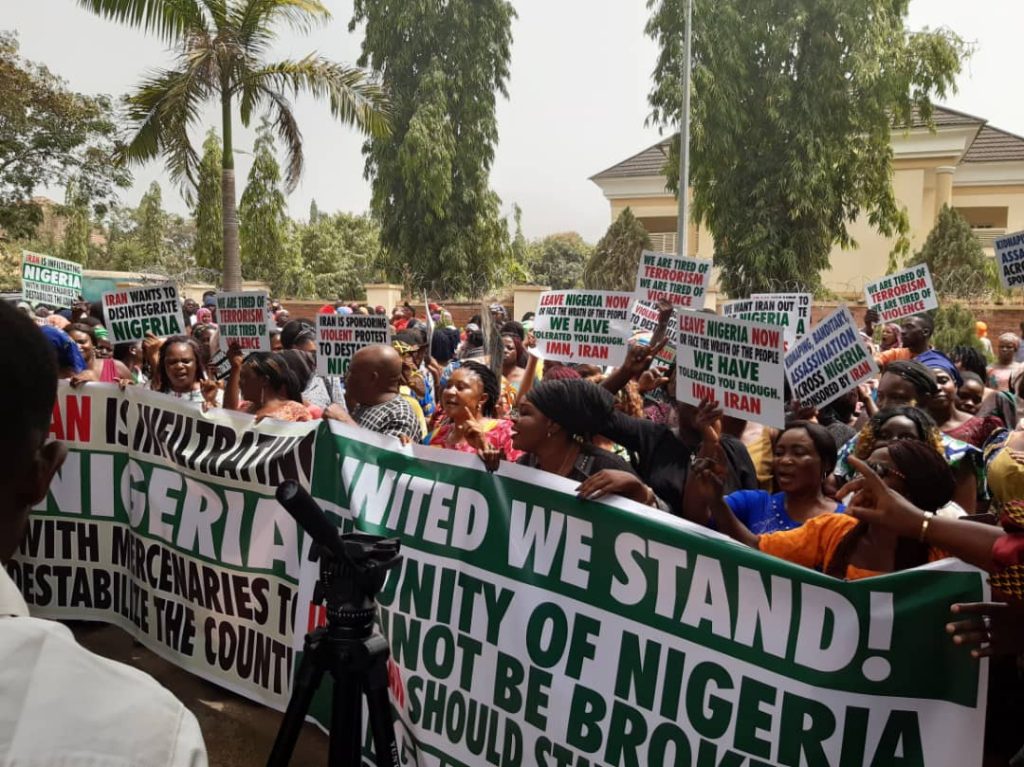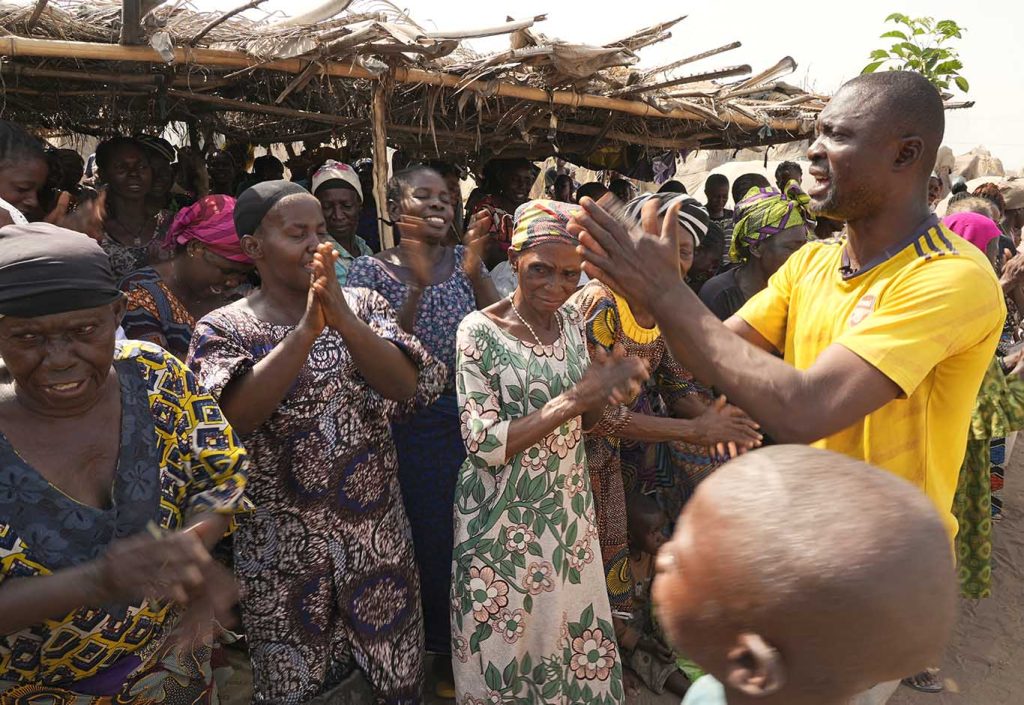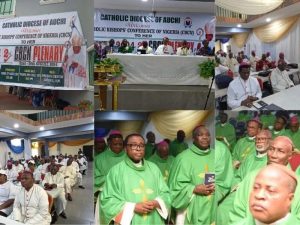Nigeria’s Christian Communities Demand Global Action Amid Rising Violence and Government Inaction

Benin City, Nigeria – Chants of “Stop killing our priests!” echoed through Edo State last week as thousands marched in one of Nigeria’s largest religious freedom protests in recent history. The demonstration marked a boiling point for Christian communities facing escalating violence that’s claimed over 52,000 lives since 2009, according to human rights monitors.
Protesters blocked the strategic Jattu junction for hours, brandishing signs reading “We want to worship without fear” and “Government fulfill your mandate.” The March 27 rally followed two days of coordinated actions including an online campaign and memorial services for victims like seminarian Andrew Peter, whose March 3 kidnapping and murder sparked national outrage.

Personal Tragedies and Community Impact
“They killed my brother like an animal,” said Grace Osaigbovo, whose relative was among 145 clergy members abducted in the past decade. “We’re tired of burying our protectors.” Church leaders report 11 priests murdered since 2015, with four still missing according to Catholic Secretariat data.
The violence extends beyond clergy – farmers face daily threats tending crops, while militants have destroyed 18,000 churches and 2,200 Christian schools since 2009. International pressure mounts as the U.S. House Foreign Affairs Subcommittee approved sanctions legislation March 14, with Chairman Chris Smith declaring Nigeria’s crisis “religious cleansing.”
Government Response and International Pressure
Bishop Wilfred Anagbe of Makurdi diocese described the situation to UK lawmakers as “Islamist extermination,” detailing attacks on displacement camps housing over three million internally displaced Christians. “They follow orders to conquer, kill and occupy,” Anagbe testified, accusing security forces of ignoring advance warnings about raids.
Nigerian officials continue denying religious motivations behind the violence. Foreign Ministry spokesperson Tunde Ojediran called recent reports “misleading,” attributing conflicts to resource disputes rather than faith. This stance clashes with U.S. Commission on International Religious Freedom findings that 90% of global Christian deaths occur in Nigeria.

Local Accounts and Economic Toll
Local leaders counter government claims with harrowing accounts. “Militants burned six villages in my parish last Christmas,” said Father Mark Okolo from Benue State. “They arrive on motorcycles with AK-47s and machetes – when we call police, they never come.” Security analysts estimate 30,000 armed bandits operate in northwest Nigeria, many enforcing illegal “taxes” on Christian farmers.
The economic toll compounds human suffering. Nigeria’s agricultural heartland now sees 40% reduced crop yields due to security threats, worsening food inflation hitting 35% nationally. Markets lie abandoned like the Utese food hub in Edo State, where militants executed 23 traders last October.
International Reactions and Future Implications
International responses remain divided. While the Trump administration moves toward sanctions, European Parliament resolutions demand Nigeria repeal blasphemy laws used against religious minorities. The UK faces calls to tie foreign aid to protection of displaced communities.
Back in Auchi diocese, Bishop Gabriel Dunia remains defiant. “We will not abandon our land,” he declared at Peter’s funeral, standing near fresh graves of clergy members. Behind him, a banner read: “The blood of martyrs waters the church.” As night fell, protesters lit candles forming a cross visible from space – a silent SOS to the world.
Key Statistics:
- 52,250 Christians killed since 2009 (Intersociety)
- 18,000 churches destroyed
- 2,200 Christian schools razed
- 145 clergy abducted since 2015
- 3.1 million internally displaced
Grassroots Movements and Calls for Action
Video footage from the protests shows elderly women dancing traditional ekassa rhythms while singing revised lyrics: “No more blood on our soil.” Youth organizers distributed QR codes linking to victim testimonies, merging ancient traditions with digital activism. The movement’s next phase includes legal action against security chiefs for alleged complicity.
As international pressure mounts, Nigeria’s Christian communities brace for more violence. “We know they’ll attack again during Easter,” said protest organizer Augustina Iviukhua. “But we’ll keep shouting until the world hears.” With global wheat prices spiking due to Ukrainian shortages, analysts warn Nigeria’s food crisis could worsen if farm attacks continue unchecked.

Political and Humanitarian Challenges Ahead
The Biden administration faces scrutiny for removing Nigeria’s “Country of Particular Concern” designation in 2021 – a move critics say emboldened attackers. Recent USCIRF reports urge redesignation, citing 160 Christian children kidnapped in Niger State last May and 70 worshippers massacred in Benue churches last August.
For displaced mother-of-four Charity Ede, the politics matter less than daily survival. “We need security to return home,” she said, stirring meager porridge at a crowded camp. “Our children ask why God allows this – what do I tell them?” As night falls over Benin City, the protesters’ candles keep vigil – tiny flames against a gathering storm.

